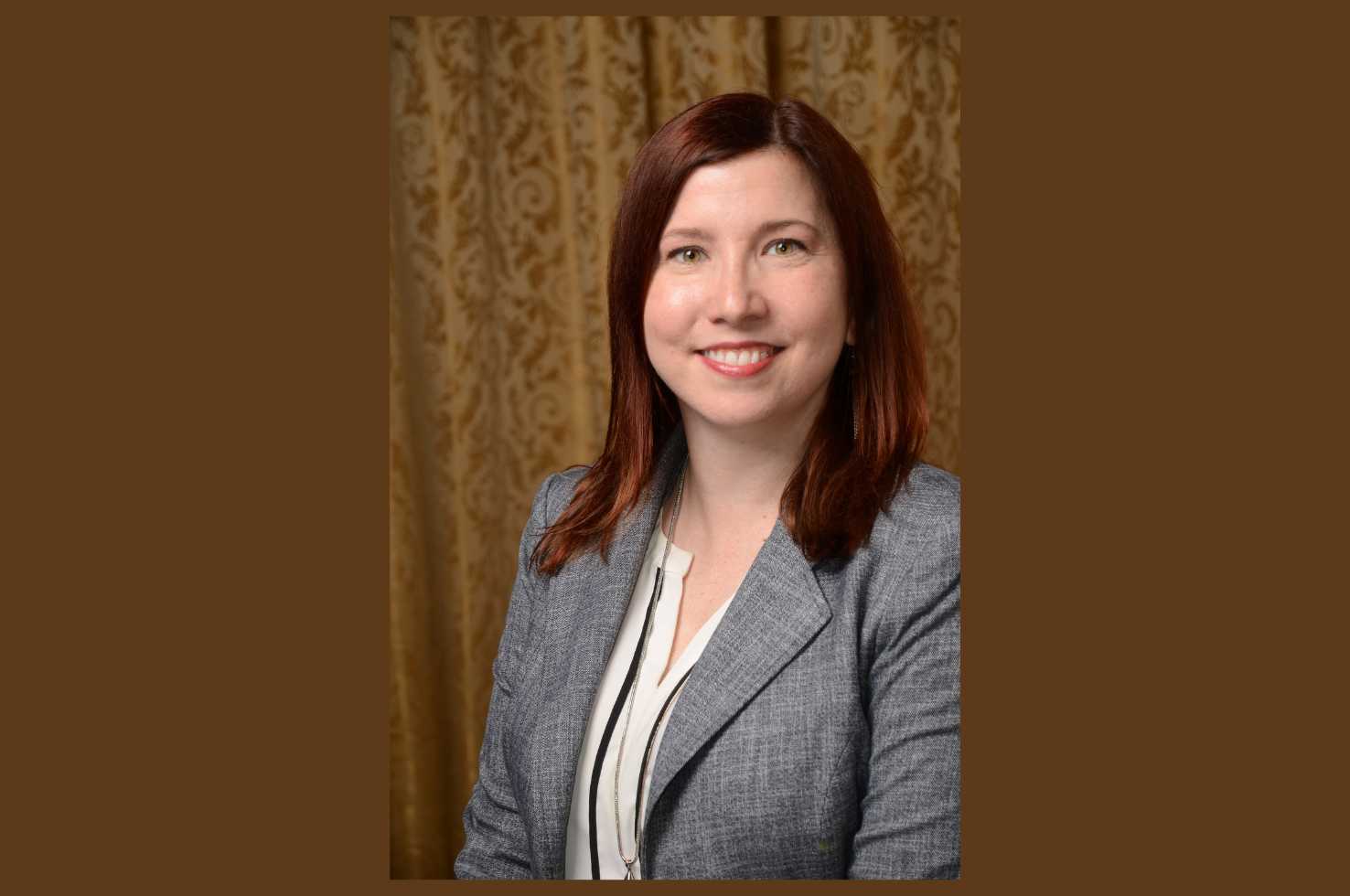Journal of the American Academy of Child & Adolescent Psychiatry: The Role of Social Media in the Presentation of Dissociative Symptoms in Adolescents

In a recent paper published in the Journal of the American Academy of Child & Adolescent Psychiatry, Christian Porter (PhD student, Pitt School of Social Work); and Tushita Mayanil, MBBS (MD) (Assistant Professor of Psychiatry); Tina Gupta, PhD (postdoctoral scholar); and Leslie Horton, PhD (Assistant Professor of Psychiatry), from Pitt Psychiatry, outlined the increased presence of dissociative identity disorder-related content on social media, particularly TikTok, and its impact on some children and adolescents.
Given that the reported symptoms of some youth who have self-described dissociative identity disorder diverge in several respects from the literature on the disorder, the authors presented clinical practice recommendations:
Become familiar with the unique presentations and terminology of dissociative identity disorder on TikTok and other social media platforms;
Become knowledgeable about the established literature on dissociative disorders to facilitate differential diagnosis, shed light on possible etiologies, and assist in psychoeducation;
Consider symptoms, comorbidity, and the cultural and social context and intersecting identities of the patient, ideally with the input from collateral reporters, when assessing dissociative symptoms.
“Christian Porter and I generated the idea for this paper together, as he was learning about mental health information-sharing on TikTok, and we were seeing an uptick in young people presenting to our clinic (the Hope Team) and research program who reported that they had dissociative identity disorder,” said Dr. Horton, the paper’s corresponding author.
“We learned that there is a need for more research and a better understanding of dissociation, a symptom which cuts across mental health disorders like dissociative identity disorder, psychosis, and post-traumatic stress disorder. We also learned that young people get most of their mental health information from social media, and that adults and providers will be in a better position to understand and help if they become more familiar with social media conversations around mental health disorders.”
#DID: The role of social media in the presentation of dissociative symptoms in adolescents
Porter CA, Mayanil T, Gupta T & Horton LE
Journal of the American Academy of Child & Adolescent Psychiatry, 2023, ISSN 0890-8567, https://doi.org/10.1016/j.jaac.2023.03.021.
